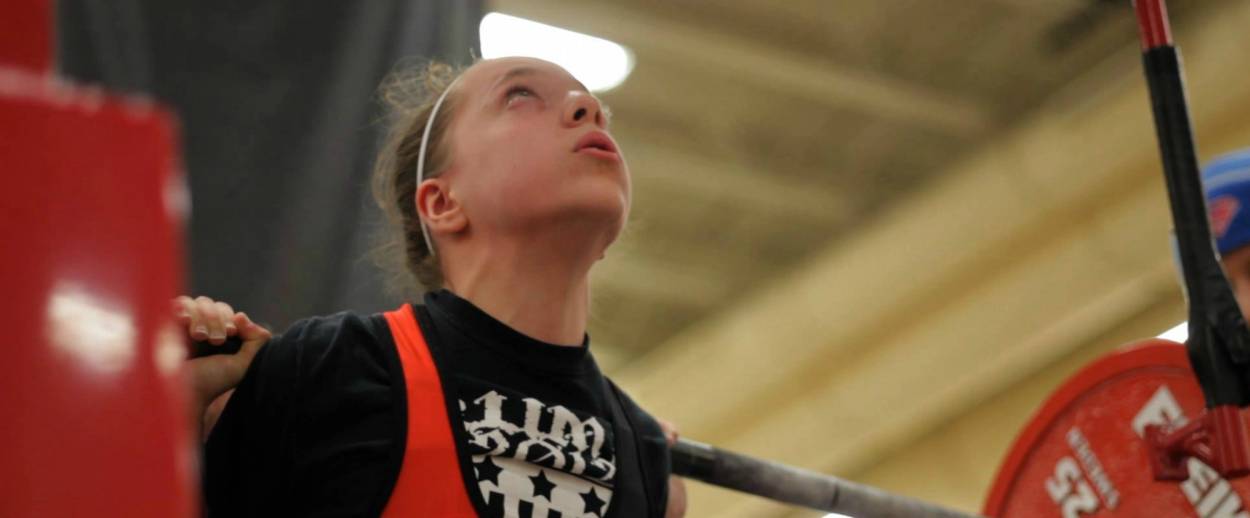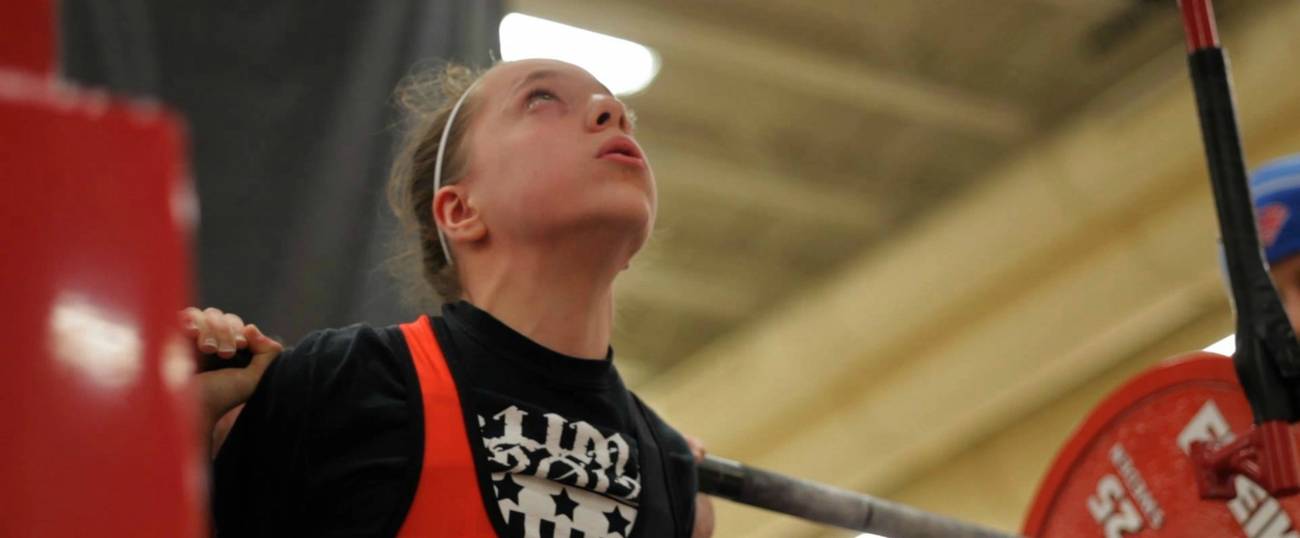Orthodox Children Lifting Weights, Australian Jews Grappling with Their Sexuality, and Other Reasons to Visit the Kew Gardens Film Festival
For great and irreverent Jewish films, head right over to Queens




This summer we’re bringing you daily posts from our sister site, Jewcy.com, edited by Gabriela Geselowitz. You can find more from Jewcy here.
Move over, Cannes. The Kew Gardens Festival of Cinema is premiering its first-ever slate beginning August 4th, with more than 150 films and events scheduled throughout Queens. For those in the Jewish community anywhere in or near New York City, here’s a look at few selections that highlight unexpected and little-known stories about Jews all around the world.
Persona Non Grata: The Chiune Sugihara Story is the only narrative feature among the bunch, clocking in at a hefty 139 minutes. For those unaware, Chiune Sugihara was a Japanese diplomat best described as the Japanese Schindler. After a noble start in Manchuria working with the Soviet Union in which he tried to save the lives of those around him despite less admirable actions from fellow government and military officials, Sugihara was transferred to the Japanese consulate in Kaunas, Lithuania. Taken by the stories of those who had escaped extermination in Poland, Sugihara began issuing visas to local Jews to help them leave the country.
This dramatization delves into Sugihara’s life prior to his being stationed in Lithuania, giving some context as to how this good-natured individual came to defy his orders and arrange for some hope of salvation for the Jews he knew would otherwise perish. An early moment shows him celebrating Hanukkah with the local Jewish community and hearing the harrowing story of one father’s survival during a brutal execution of all the Jews in his town. The only hesitation Sugihara experiences is to figure out what he can do, not whether something should be done to save lives.
While this Japanese production, released in Japan back in December 2015, lacks the gravitas and cinematic quality of a film like Schindler’s List or The Pianist, it does include a few poignant moments. Hearing those aboard a ship start singing Hatikva as soon as they sight Japan from the water was immediately reminiscent of the powerful video of the Children in the Hebrew Gymnasium Singing Hatikvah in Munkács displayed at Yad Vashem in Israel, showing those who would not survive the Holocaust embracing this meaningful Jewish poem in its musical form. At the very least, it’s an interesting story that deserves to be known in honor of the heroic Sugihara and all the people he saved.
The Last Jew in the Village, a documentary that runs just thirty-one minutes, highlights a different kind of man working to remember those in his community. Meyer is the lone remaining Jewish resident of his small village in Azerbaijan, tending to the cemetery and recalling the many traditions of the “Mountain People” who used to reside there with him. Biblical quotes frame Meyer’s explanation of what keeps him there, and he meditates on things such as why stones and not flowers are put on Jewish graves. When asked why he has not, like his adult children, moved to Israel or elsewhere, he responds simply, “Why move? I live here in peace.” An image of each person who has died on their gravestone adds even more meaning to Meyer’s thoughtful address to each of them individually, asking for their memories to be blessed while the camera watches.
Aleph Melbourne: Celebrating 20 Years presents a very brief look at a Jewish LGBTIQ group that was founded in 1995 and has helped a number of Australian Jews grapple with their sexuality while they find places for acceptance within the Jewish world there. Running less than ten minutes, it’s hard for this film to truly capture the spirit of what Aleph is about, but a few key interviews with those whose lives have been transformed by what may now seem like a standard in so many places around the globe indicate just how important this group has been to those who had nowhere else to turn to express themselves in a way that Judaism hasn’t always allowed, especially in Australia.
Also showing is Supergirl, the documentary about a nine-year-old Orthodox girl from Fair Lawn, New Jersey who is a champion powerlifter. Jewcy chatted with director Jessie Auritt about this inspiring gem back when the film premiered at DOC NYC in December. Revisit that piece or head over to Naomi’s Facebook page, where, in a recent post, she discusses what it’s like to be so successful in this field while maintaining her Jewish observance.
The Kew Gardens Festival of Cinema runs from August 4th – 13th, presenting films from twenty-four countries. Check out these four films with explicit Jewish themes and choose from plenty more during what’s likely to be the first of many successful showcases.
Email Address
Abe Fried-Tanzer, a Jewcy contributor, writes about film at www.movieswithabe.com.